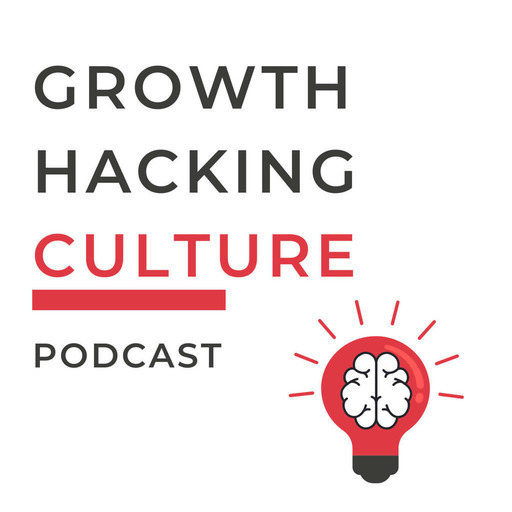Generative AI (GenAI) is making waves in the tech world, with experts describing it as a "technological tsunami." But what does this mean in reality? In this conversation, we delve into why GenAI is generating so much buzz, how it fits into the broader AI landscape, and which industries and functions are most poised for disruption.
We'll also explore the challenges of adopting GenAI, from human and financial hurdles to IT issues, and share real-world success stories of non-tech companies leveraging GenAI for growth and innovation. Learn how to strategically approach GenAI adoption and manage the change it brings to your organization.
About Zuleka Kaysan and Florian Raemy
Zuleka Kaysan is the Managing Director of The Cornerstone Advisory, where she leverages over 18 years of experience in business transformation to help organizations enhance innovation and operational performance.
Florian Raemy is the CEO of Prometee, an AI-first Swiss consultancy that specializes in guiding companies through the complexities of AI adoption and implementation.
What We Discussed on Gen AI Adoption
- How easy is it to adopt AI in corporate environments?
- What are the major human and technical challenges in implementing AI successfully?
- Can you share examples of non-tech companies effectively using AI, and how they’ve done it?
- What are the first steps companies should take to start using AI, and what should they watch out for?
- How can organizations prepare themselves to be AI-ready?
- What are your top three pieces of advice for CEOs who are in "wait and see" mode regarding AI adoption?
See the video recording on our YouTube Channel
About the Growth Hacking Culture Podcast
The Growth Hacking Culture Podcast is a series of insightful interviews with prominent experts on mindsets, skills and mental resources to grow individually, lead motivated teams and create human-centric work cultures. These episodes are about thought provoking ideas to scale up and growth hack human-centric and performing work cultures. Hosted by Ivan Palomino


 Emissions
Emissions











